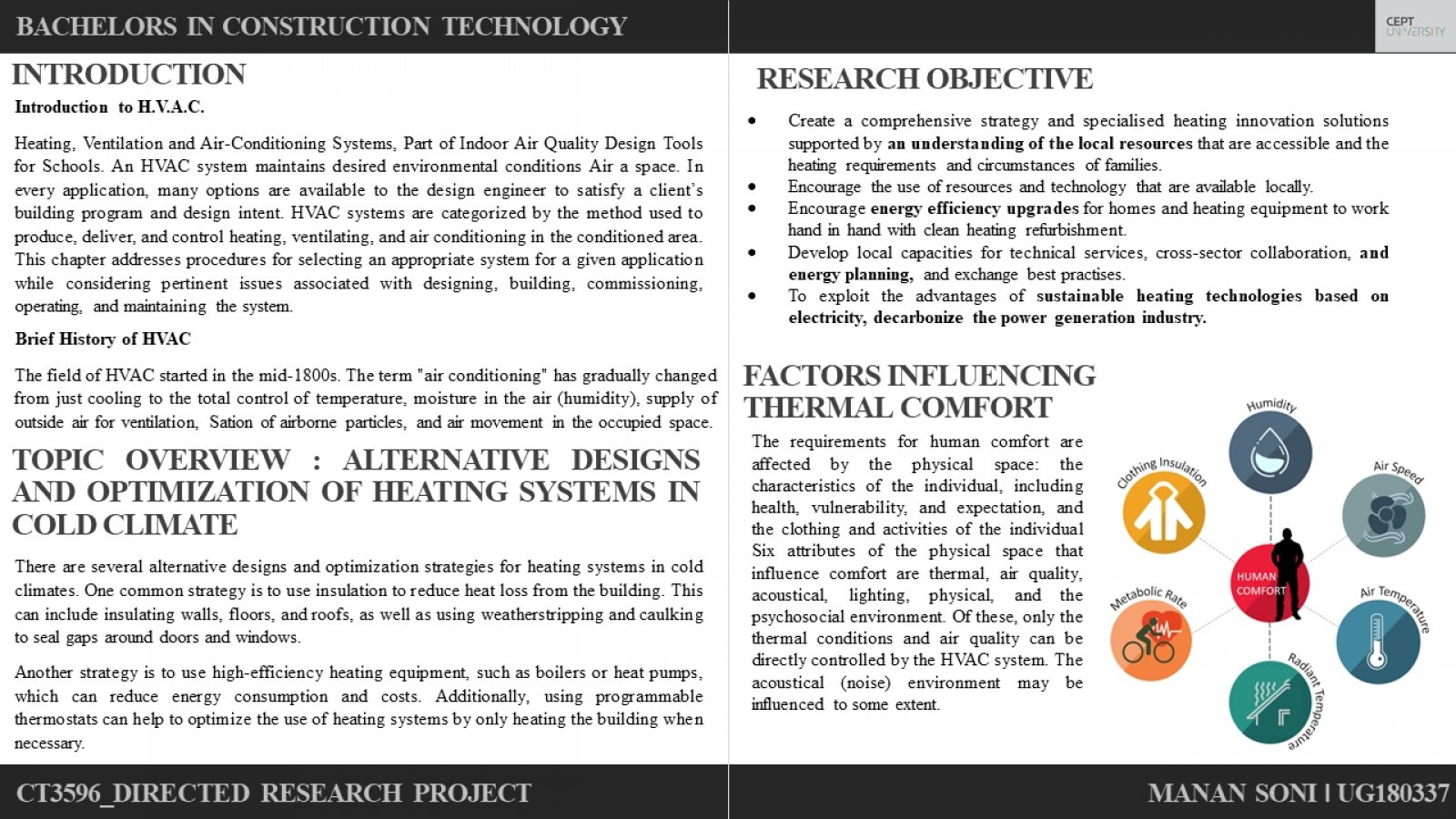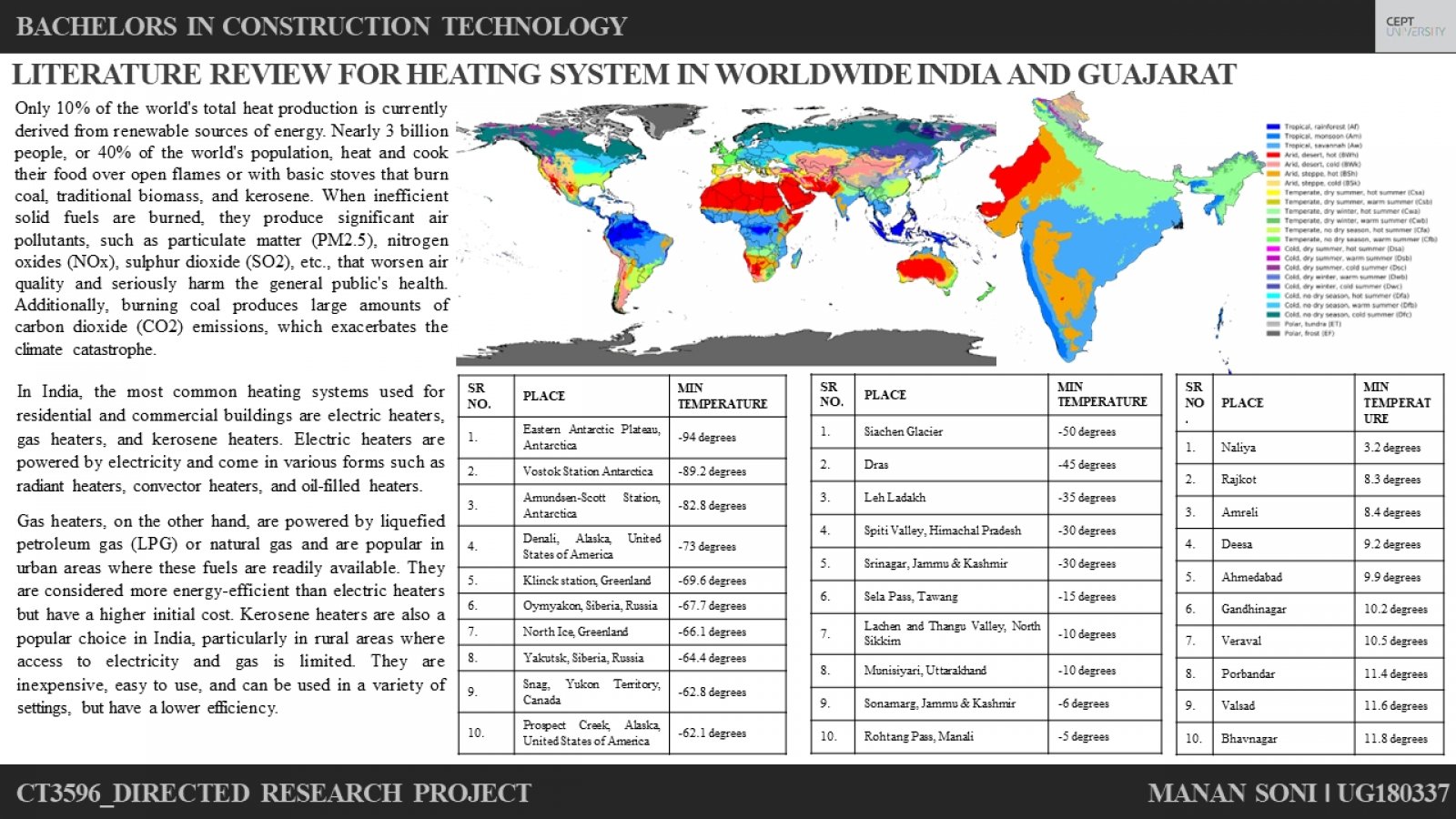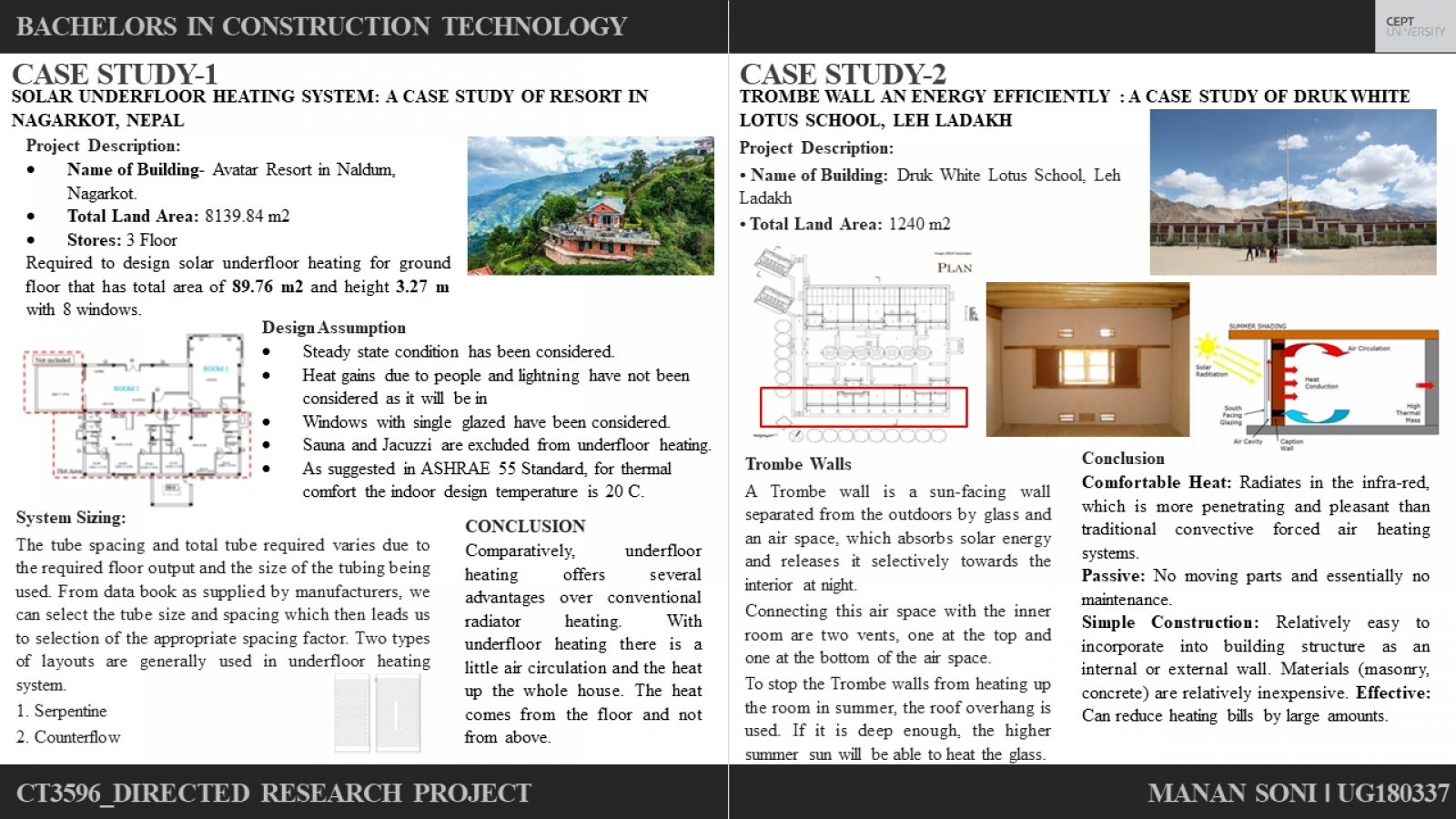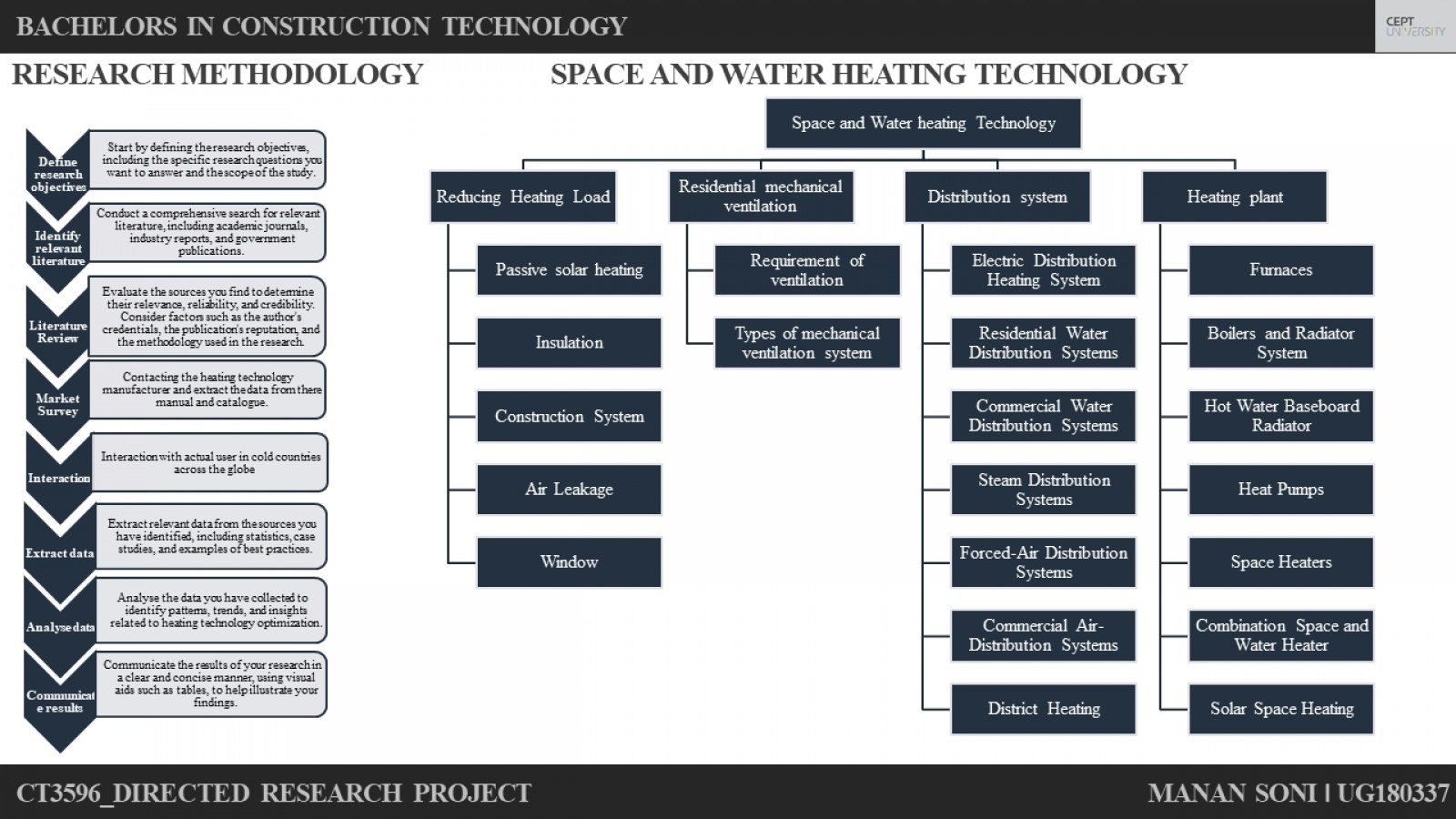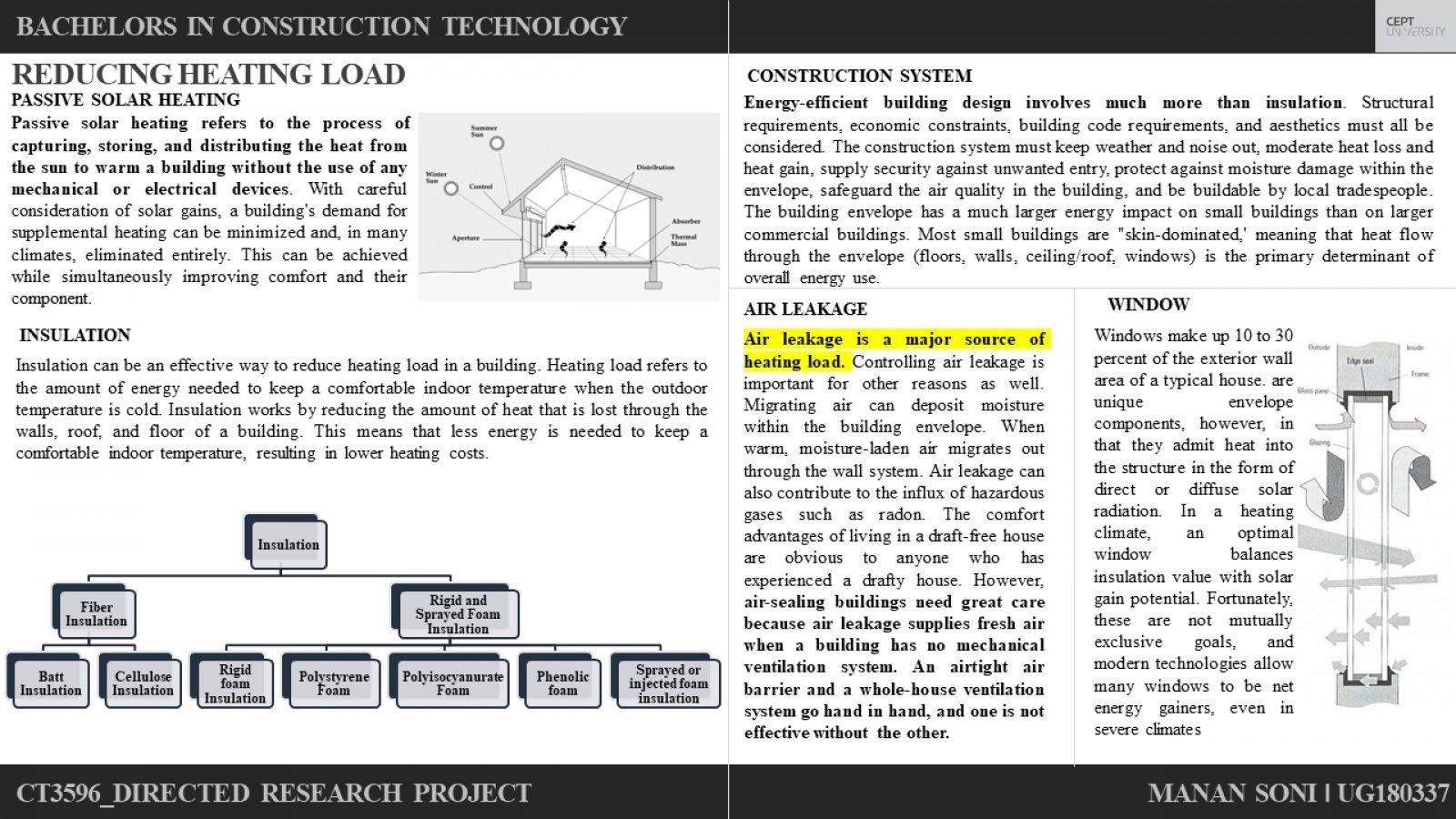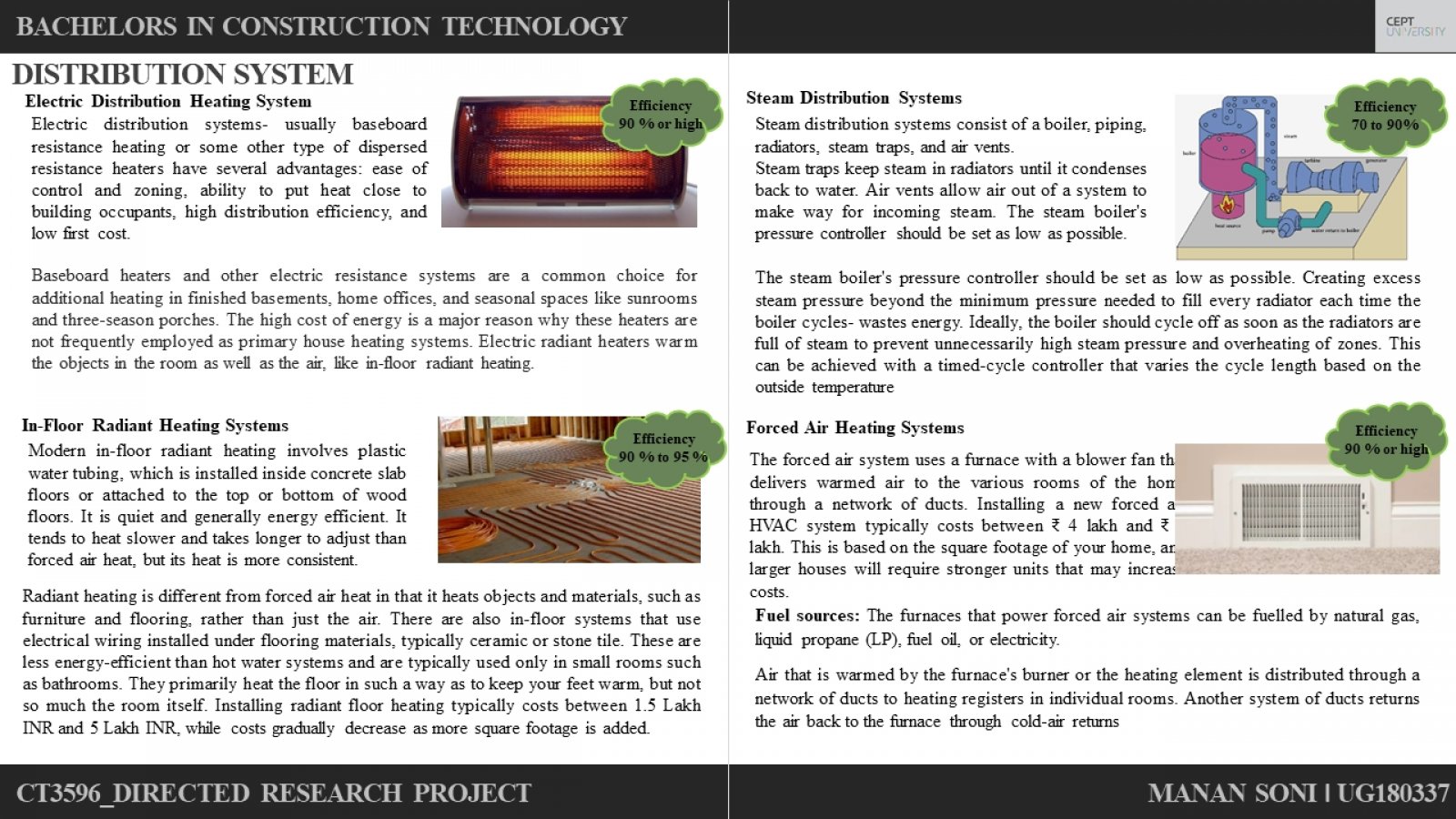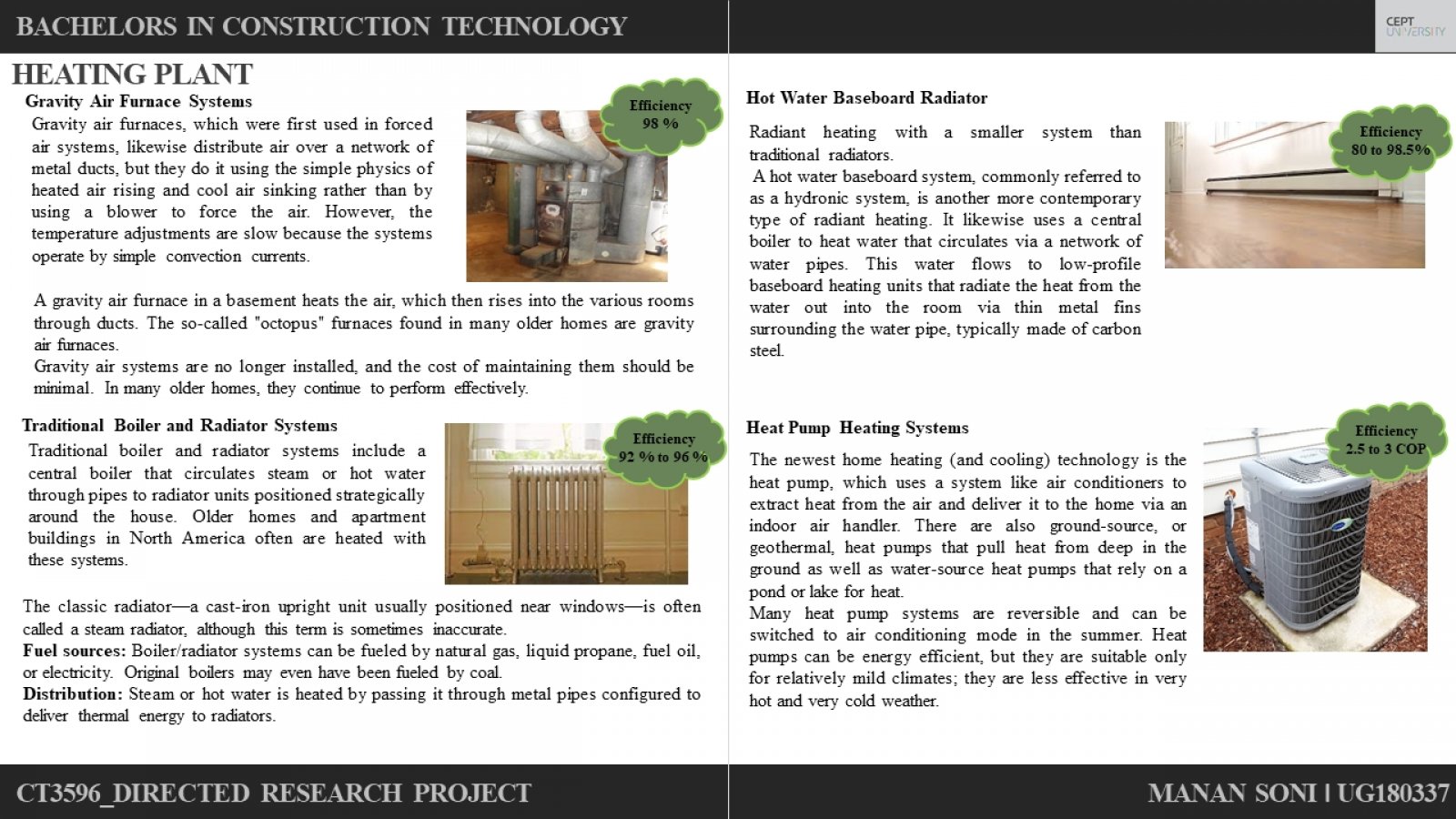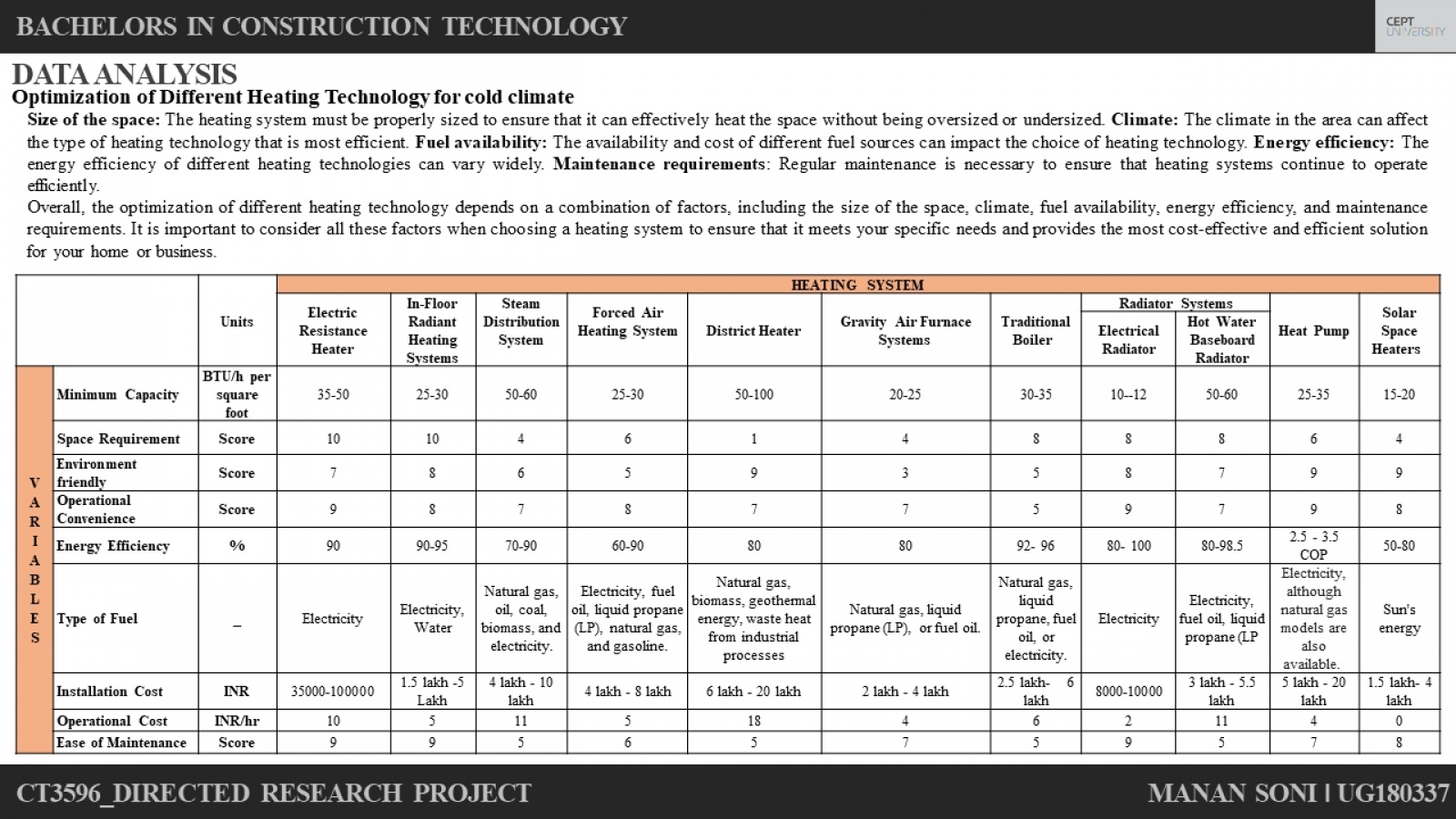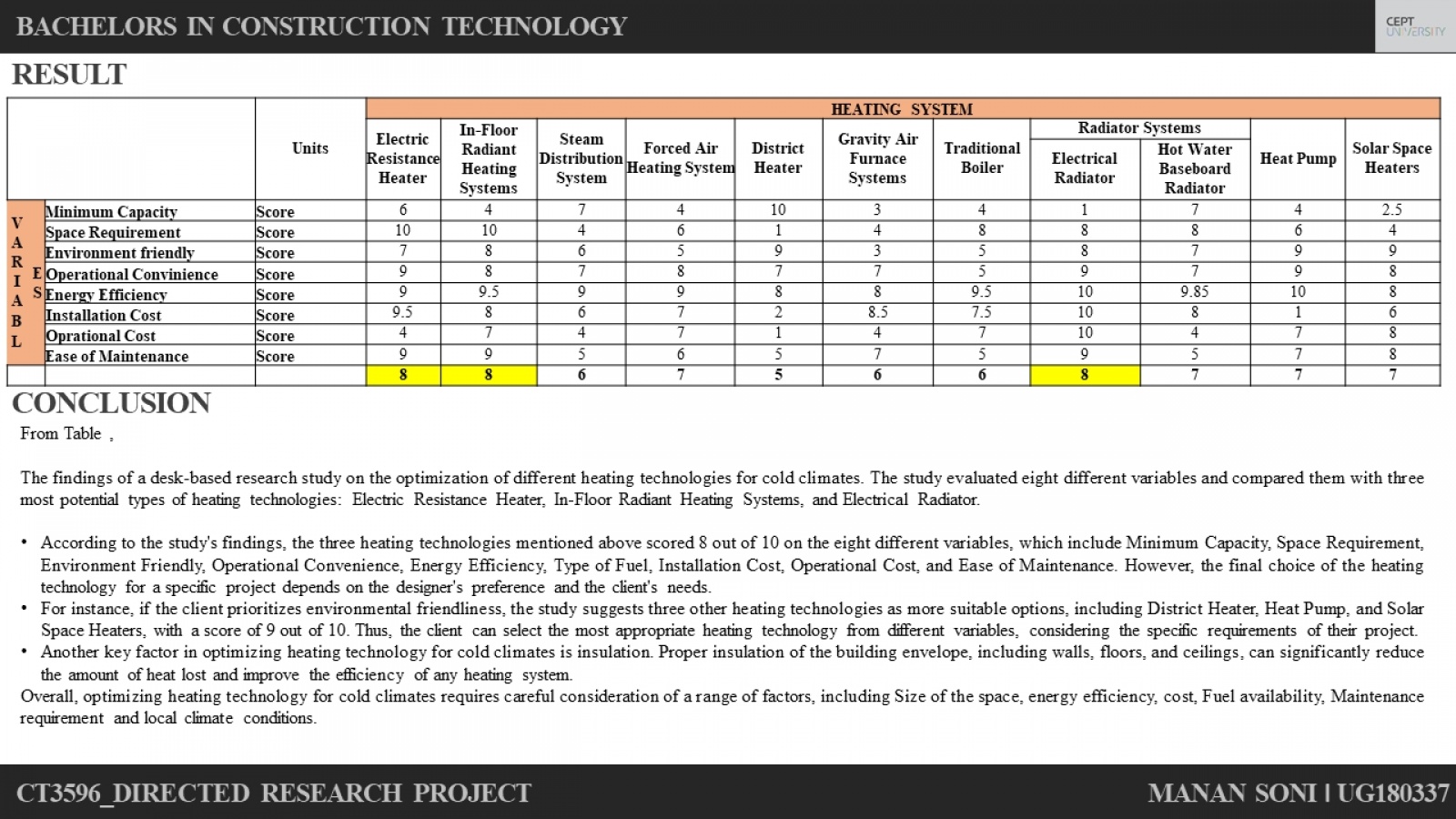Your browser is out-of-date!
For a richer surfing experience on our website, please update your browser. Update my browser now!
For a richer surfing experience on our website, please update your browser. Update my browser now!
Heating systems play a critical role in maintaining comfortable indoor temperatures in cold climates. However, traditional heating systems can be expensive to operate and have a significant impact on the environment. As a result, there is growing interest in alternative heating system designs that are more energy-efficient and sustainable. One of the most common strategies is to use insulation to reduce heat loss from the building, while high-efficiency heating equipment and programmable thermostats can also reduce energy consumption and costs. Other alternative heating methods include geothermal and solar thermal systems. It is important to consult with heating experts or energy auditors to determine the most appropriate and cost-effective heating solutions for a specific building's needs. Additionally, a study can aid in identifying potential system problems and ensuring the system has the necessary characteristics to keep the area warm during extended cold spells. This study has the potential to lead to advancements in modern machinery for heat transfer. Overall, the energy crisis in the 21st century has spurred improvements in all engineering fields, including refrigeration and air conditioning.
